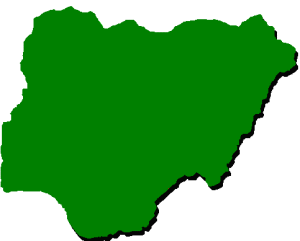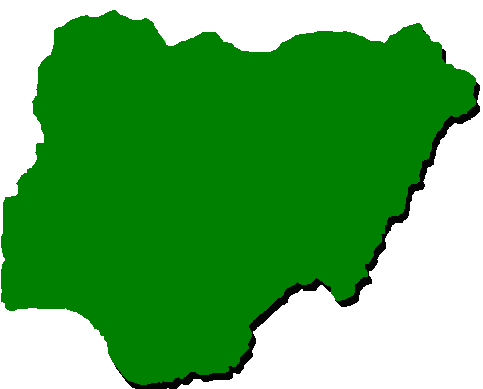 The Executive Board of the International Monetary Funds (IMF) in Washington, DC yesterday said that vulnerabilities remain very high in view of the uncertainties about oil price, security, and the political situations.
The Executive Board of the International Monetary Funds (IMF) in Washington, DC yesterday said that vulnerabilities remain very high in view of the uncertainties about oil price, security, and the political situations.
In its latest report a copy which was made available to our correspondent in New York, the Board concurred that additional policy adjustments and broader structural reforms would be necessary in the period ahead to reconstitute buffers, mitigate risks, and meet pressing development needs.
It also agreed that tightening fiscal policy and allowing the exchange rate to depreciate while using some of the reserve buffer were appropriate responses to the recent fall in oil prices in Nigeria, stressing that achieving the authorities’ fiscal targets would require a careful prioritization of public spending and a cautious implementation of capital projects.
Highlighting the importance of improved budgeting at the level of state and local governments to help better manage their fiscal adjustment, the Board agreed that mobilizing additional non oil revenues is critical to open up fiscal space and improve public service delivery over the medium term.
Member of the Board however welcomed ongoing initiatives by the Nigerian government to strengthen tax administration. They also encouraged the Nigerian authorities to also rein in exemptions, keep tax rates under review, persevere with subsidy reform, and improve the management of oil revenue.
“However, Nigeria still lags its peers in critical infrastructure and has high rates of poverty and income inequality. While the economy is diverse, with services accounting for over 50 percent of GDP in 2013, and oil only 13 percent, the oil sector remains a critical source for revenue and foreign exchange.
“With limited fiscal and external buffers ($2 billion in the excess crude account and $34.25 billion in gross international reserves, respectively at the end of 2014), the sharp decline of oil prices in the second half of 2014 underscores the challenging but compelling need to address remaining development challenges”
Furthermore, Directors said there was a merit in reviewing the current revenue sharing arrangements to help address regional disparities over the longer term and ensure that social and development needs are addressed.
They also welcomed the recent unification of the foreign exchange rates, noting that greater exchange rate flexibility could help cushion external shocks. “As the largest single supplier of foreign exchange, it will be important for the central bank to intermediate this supply in a transparent, efficient, and fair manner” they added.
Emphasizing that Nigeria’s longer term prospects rest on lowering oil dependency and strengthening private sector’s participation in economic activity, the Board noted that lasting and more inclusive growth calls for improving the business environment, promoting youth and female employment, and advancing human capital development.
Finally, they noted that Nigeria’s economic data were broadly adequate for surveillance just as they encouraged the authorities to further improve statistics, in particular as regards the balance of payments.







